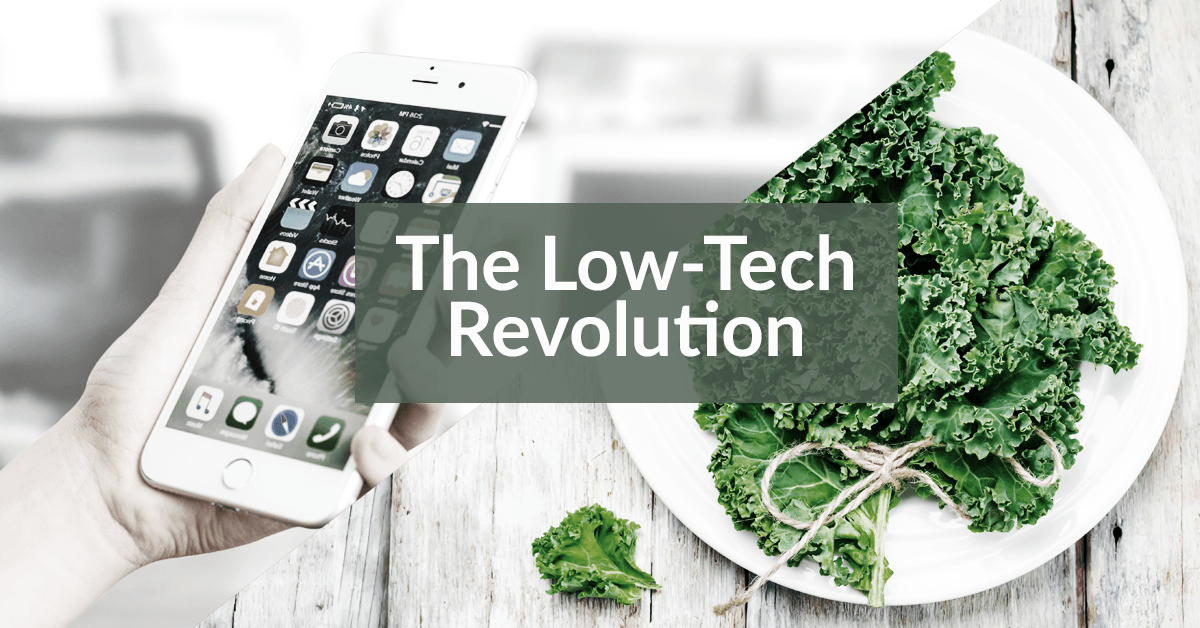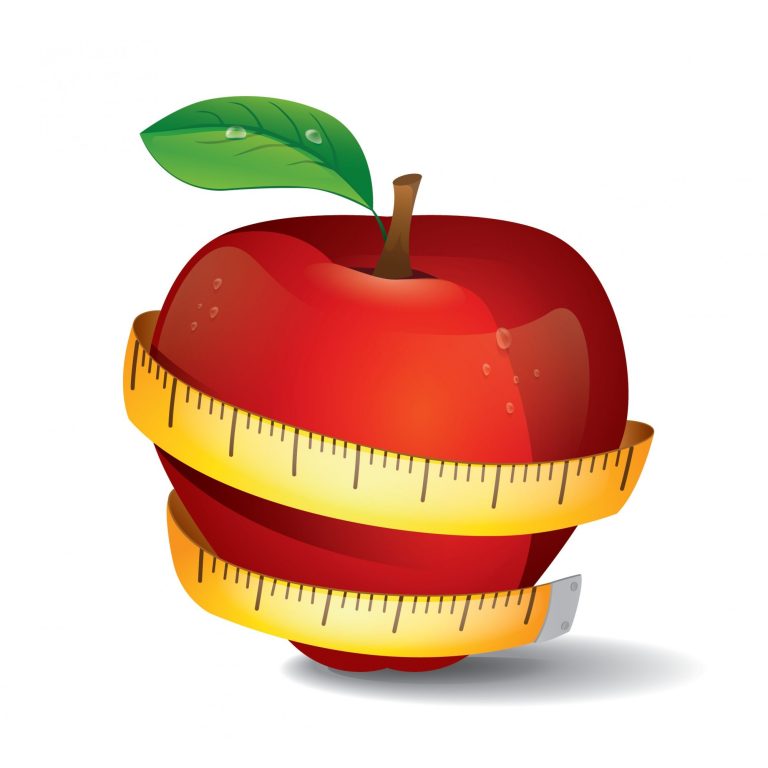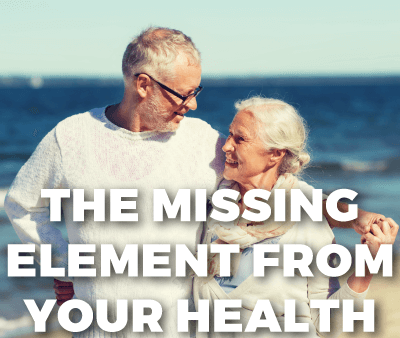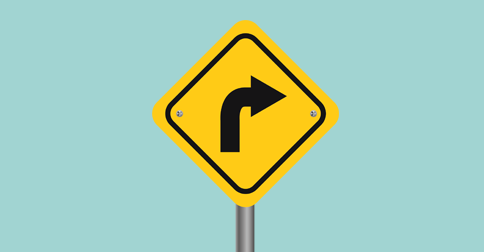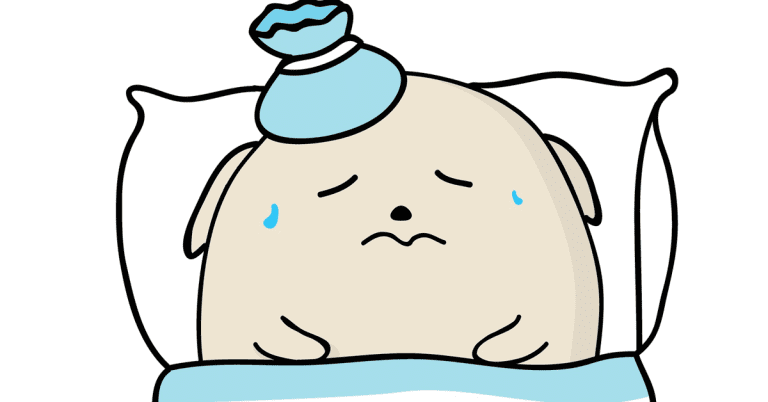The Low Tech Revolution (And What it Means for Your Health)
By Michael Dangovian
June 14, 2018
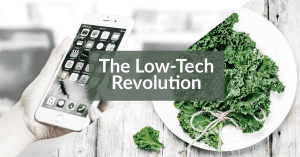
As doctors, we’re not using all the tools at our disposal to help you live a better life. Here’s how that needs to change…
As a culture, we’re obsessed with technology. If you don’t believe me, just drive by an Apple store the morning of a new iPhone version release.
It’s no different in the medical field. We pour billions each year into developing new drugs, new equipment, new procedures. Our healthcare system is built on the idea that, if we throw enough money at research, we’re able to continually discover and develop better, stronger, faster treatments to fight disease and extend our lives.
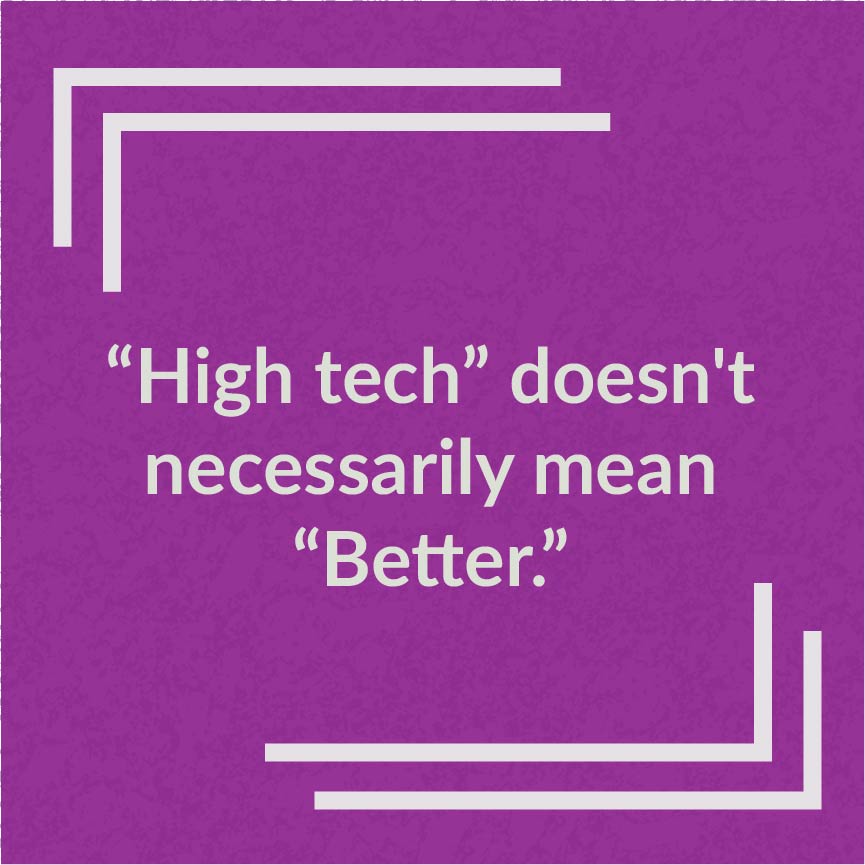
We tend to think of technology in terms of “high tech” or “low tech.” We’re seduced by the idea of former, as opposed to the latter. For example, as a cardiologist, I see the bias every day. Both medical professionals and their patients are seduced by stents, by valve surgeries, by by-pass surgeries. These are advanced technologies. And they’re also what you hear about the most when conversations come up about treatment in hospitals and doctors’ offices.
But, what if we’re focusing on the wrong things? What if we can get better, less expensive outcomes without all the bells and whistles? What if we need to shift our focus from the latest and greatest and start putting more energy into technology that’s decidedly lower?
Here’s what I mean.
Redefining Technology
Before I answer that question, let’s first take a look at what we mean when we use the word “technology.” In many cases, people use the word to describe fancy new equipment or complex, intricate systems.
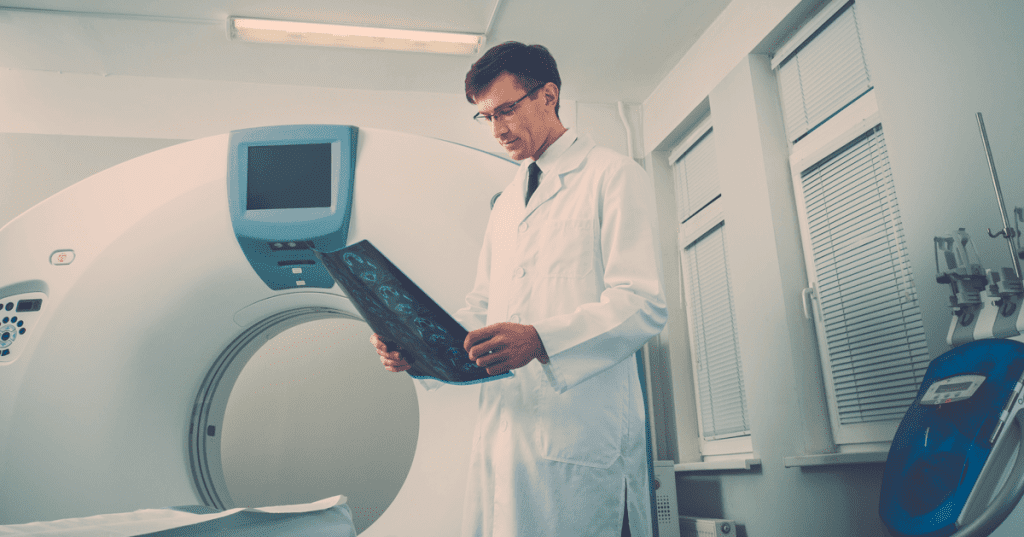
But really, technology just refers to the application of knowledge in an attempt to gain a benefit. It can be complex or simple. It’s still technology. You lose your keys and lock yourself out of the house? If you use a rock to break the front door’s window to get inside, you just used technology—the rock.
Here’s why this definition matters.
Let’s say that a big pharmaceutical company introduces a new beta blocker. They run double-blind trials on the new drug, where the first group gets the new drug and the second gets a sugar pill (placebo). Let’s say the results show that the new drug reduces the risk of additional heart attacks and strokes by (for example) 15 percent. That’s great, right? That’s new high tech doing what it’s supposed to do.
But high tech doesn’t necessarily mean “better.” As Dean Ornish has shown over the years, starting with his Lifestyle Heart Trials back in 1990, nutrition and lifestyle changes—which are amazingly low tech—can treat, prevent, and even reverse heart disease at similar rates… but without any of the side effects.
So, if all things are equal, where should our efforts go? I would argue that both in this case and others, the cheaper, safer, healthier, and far more sustainable option would be the smarter choice.

Changing the Conversation
But discussions around nutrition, stress management, meditation, and all the other foundational elements of our health don’t happen in hospitals and doctors’ offices. Medical schools provide very little training in nutrition at all, in fact. They’re trained to focus on the high tech—the fancy new drugs, equipment, and procedures. In fact, those are the only things that insurance companies reimburse them for.
I’m not saying we shouldn’t use high tech. We definitely need it. What I’m saying instead is that we, as doctors, need to apply the right technology to proper situations. We need it all. But we need to use it all correctly.
This is an example of technology.
If you’re having a heart attack, this little miracle of science is (literally) a life-saver. It will open up the artery and allow blood to immediately flood into the heart—thereby keeping you alive.
But, there are a few drawbacks. For one, it requires surgery, which is always risky. Second, it only treats the artery we put it inside. For every future blockage you’ll need another stent.
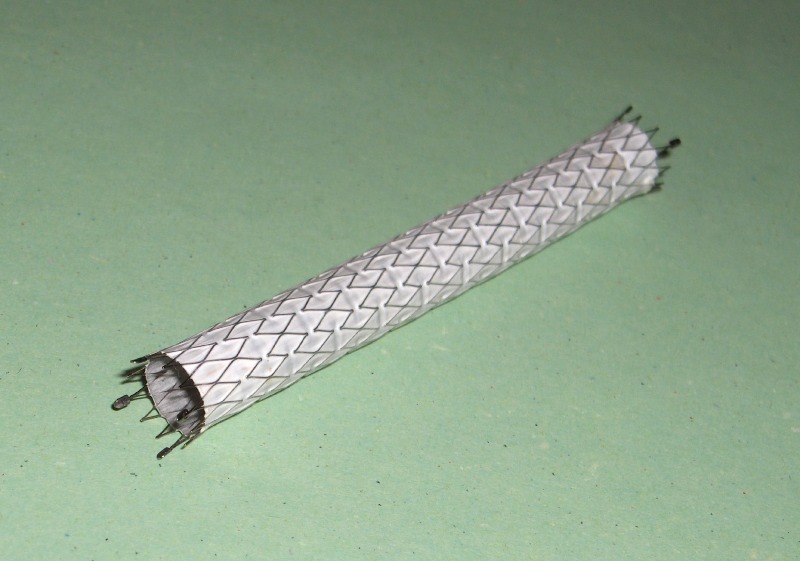
So, what if there’s a better option? A stent that is non-invasive and can keep all of your arteries open simultaneously? That would be an amazing piece of technology, right?
Well, here’s that technology…
As a part of lifestyle changes, plant-based nutrition has been shown, over and over again, to be the best way to treat and prevent heart disease. It’s not going to do much to help you in the moment while you’re experiencing cardiac arrest, but over time it’s going to help prevent another one from ever happening again. Two technologies, same results… but with wildly different applications.

In our culture, we trust technology. Especially if it’s sophisticated. But I urge you to also trust your body to heal itself. It’s exceedingly good at it. You just have to apply the right technologies, at the right time, and let it do its thing.
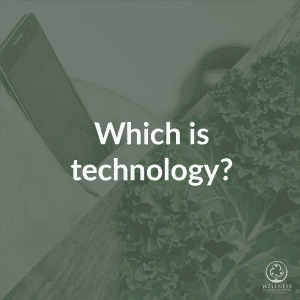
That’s how you heal yourself. That’s also how to live a full, happy life and be around for everyone who needs you for a long, long time.

